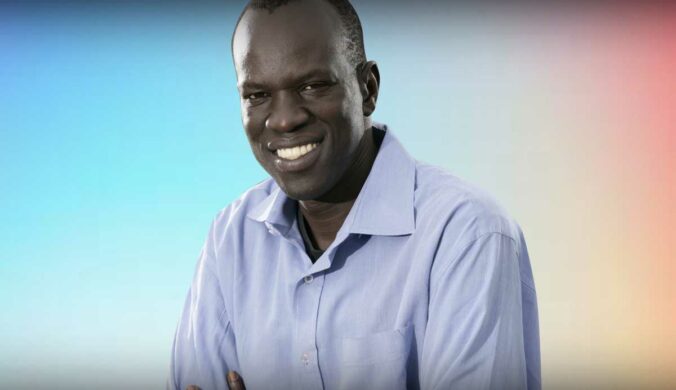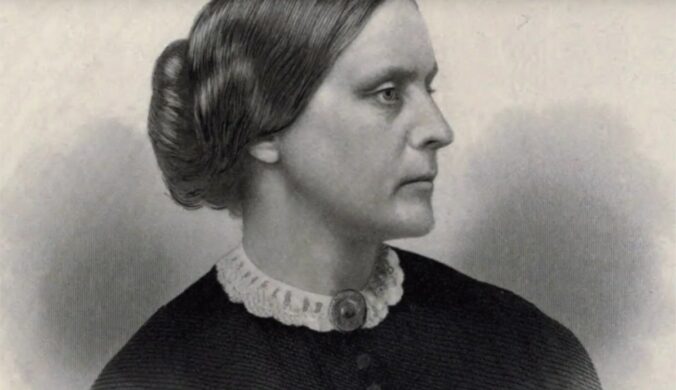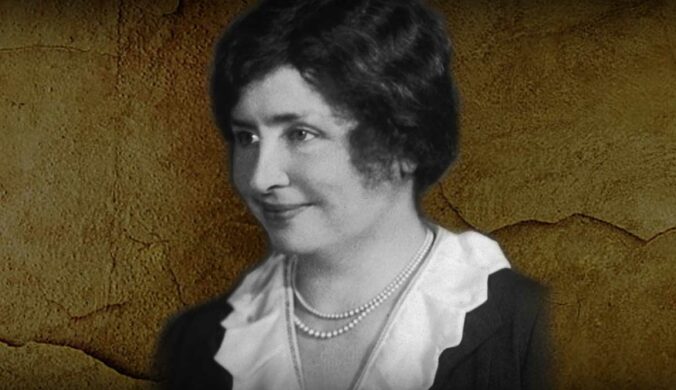On September 30, 1928, Eliezer Wiesel was born. He was an American writer, professor, political activist, Nobel laureate, and Holocaust survivor who was born in Romania. He wrote 57 books, largely in French and English, including “Night,” which was inspired by his experiences as a Jewish prisoner at Auschwitz and Buchenwald. He was a humanities professor at Boston University, which named the Elie Wiesel Center for Jewish Studies after him. This renowned personality deserves our attention today.
Fast Facts
Full Name:
Eliezer Wiesel
Nickname:
Elie
Birth date:
September 30, 1928
Death date:
July 2, 2016 (age 87)
Zodiac Sign:
Libra
Height:
5' 6"
Net Worth:
$5 million
Background
Elie Wiesel was born in Sighet, Romania and his parents were Shlomo and Sarah Wiesel. He grew up with three sisters and attended a nearby ‘Yeshiva’ for religious studies. Wiesel and his entire family were deported to Auschwitz when he was 15, as part of the Holocaust, which killed over six million Jews. Only he and his two older sisters survived the holocaust leaving the detention camps in 1945.
Wiesel went on to study journalism at the Sorbonne in Paris from 1948 to 1951, writing for both French and Israeli magazines. François Mauriac, a Nobel Laureate in Literature from France, pushed him to write about his experiences in the camps. In 1956, he released “Un di velt hot geshvign” (“And the World Remained Silent”), a Yiddish memoir. In 1960, the novel was shortened and released in France as “La Nuit,” then in English as “Night.” The memoir went on to become a best-selling book that was translated into many languages and is widely regarded as a fundamental work on the horrors of the Holocaust. The memoir was followed by two novels, “Dawn” (1961) and “Day” (1962), which together formed a trilogy of humanity’s devastating treatment of one another. In 1955, Wiesel relocated to the U.S. and he became a citizen in 1963. In New York, he met Marion Rose, a Holocaust survivor from Austria, and the two married in Jerusalem in 1969.
He went on to publish several books, both fiction and nonfiction. Over time, Wiesel rose to prominence as an international activist, orator, and peace figure, speaking out against injustices in various countries. President Jimmy Carter nominated him to chair the President’s Commission on the Holocaust in 1978. Wiesel’s passion for teaching led to Boston University in the mid-1970s where he was appointed as the Andrew W. Mellon Professor in the Humanities. He was also a visiting scholar at Yale and taught Judaic studies at the City University of New York. Wiesel became a Nobel Laureate in 1986. With his wife, he formed the Elie Wiesel Foundation for Humanity to fight indifference, prejudice, and injustice around the world. Elisha was the couple’s only child.
Career timeline
Wiesel becomes the foreign correspondent for the Israeli newspaper "Yedioth Ahronoth" after being hired as its Paris correspondent.
He publishes the memoir “La Nuit,” documenting his holocaust experiences.
He co-founds the magazine “Moment” with writer Leonard Fein to provide a voice for American Jews.
Wiesel spearheads the building of the United States Holocaust Memorial Museum in Washington, D.C.
Wiesel and his wife, Marion, start the ‘Elie Wiesel Foundation for Humanity,’ the same year that he wins the Nobel Peace Prize.
In April 1999, Wiesel delivers the speech "The Perils of Indifference" in Washington D.C.
Wiesel returns to Hungary for his first visit since the Holocaust and participates in a conference at the Upper House Chamber of the Hungarian Parliament.
Why We Love Elie Wiesel
His memoir
"Night," Wiesel's haunting novel about his confinement in Nazi death camps and the emotional damage that comes with such terror, has captivated millions of readers. "Night" has been translated into over 30 languages since its release and has become a standard in high school and college libraries across the U.S.
He is an activist
Wiesel devoted his life to supporting human dignity and raising awareness about genocide. After he and his wife founded the Elie Wiesel Foundation for Humanity, they went on a lifelong effort to keep the Holocaust and its terrors in public memory.
He’s a Nobel Peace Prize Winner
Wiesel received the Nobel Peace Prize for his humanitarian work on December 10, 1986. He preaches a message of peace, forgiveness, and human dignity. He emphasized the urgent need for action against ongoing human rights crimes around the world in his Nobel acceptance speech.
5 Surprising Facts
A picture reunited him with his sister
While Wiesel was staying at a French orphanage in the mid-1940s, a journalist took his photo, and his older sister, Hilda recognized him (she thought he was dead).
He appeared in a famous Holocaust photograph
After being liberated by the Allies on April 16, 1945, Wiesel and several other prisoners at Buchenwald Concentration Camp were photographed while they were still in their bunks, and the photo made its way to the “New York Times.”
He was in an accident
In 1956, Wiesel was hit by a taxi cab in New York on his way to report to the United Nations, causing him to be in a wheelchair for a year.
His debut novel wasn’t an instant success
Wiesel’s memoir “Night,” was not a commercial success upon its release and only grew popular after colleges and universities began introducing Holocaust studies.
His wife is also a Holocaust survivor
It's why they started the Elie Wiesel Foundation for Humanity together.
Elie Wiesel FAQs
How was Elie Wiesel unique?
Despite the horrific experience at the concentration camp, Wiesel’s faith in God never wavered and he never lost hope.
What were Elie Wiesel's last words?
He said, “Let terrorism stop, and we can have peace.”
Why did Elie need surgery?
His foot had swollen from the frostbite and needed surgery done or else it would be amputated.
Elie Wiesel’s birthday dates
| Year | Date | Day |
|---|---|---|
| 2025 | September 30 | Tuesday |
| 2026 | September 30 | Wednesday |
| 2027 | September 30 | Thursday |
| 2028 | September 30 | Saturday |
| 2029 | September 30 | Sunday |
















